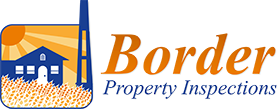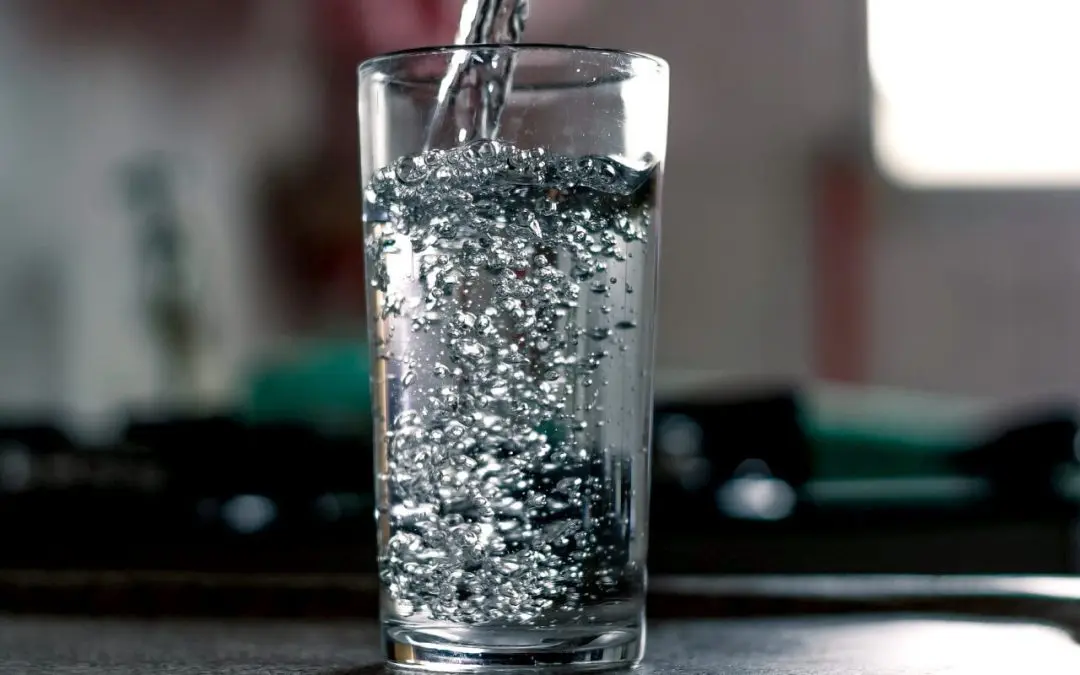Water conservation is more than a trendy topic—it’s crucial to maintaining a cost-effective household. By making a few simple changes to your daily routine and home maintenance, you can significantly reduce your water usage and contribute to a healthier environment. Here’s a guide on how to save water at home, with practical tips you can implement today.
Fix Leaks Promptly to Save Water at Home
One of the most effective ways to conserve water is to address leaks as soon as they arise. Leaky faucets, toilets, and pipes can waste a substantial amount of water over time. A dripping faucet, for instance, can waste over 3,000 gallons of water annually. Regularly check for leaks and repair them promptly to prevent water wastage. Consider installing a water meter or monitoring device to track usage and identify hidden leaks.
Optimize Your Watering Practices
If you have a garden or lawn, efficient watering practices are essential for water conservation. Water your plants early or late in the evening to minimize evaporation. Use a soaker hose or drip irrigation system to target the roots of your plants directly, reducing the amount of water lost to evaporation and runoff. Additionally, consider using drought-resistant plants that require less water and are well-suited to your local climate.
Upgrade to Water-Efficient Fixtures to Save Water at Home
Modern technology offers a range of water-efficient fixtures that can help reduce water usage. Low-flow showerheads, faucets, and toilets can significantly reduce the water consumed in your home. For example, a low-flow showerhead can save up to 2.5 gallons per minute compared to a standard one. Installing these fixtures can yield substantial savings on your water bill while still providing effective performance.
Reduce Water Usage During Daily Routines
Small changes in your daily routines can add up to significant water savings. When brushing your teeth or shaving, turn off the tap while not actively using the water. Take shorter showers and avoid letting the water run continuously. Fill the sink with water instead of running the tap when doing dishes. Run your dishwasher and washing machine only with full loads to maximize efficiency.
Use Water-Efficient Appliances
When it’s time to replace old appliances, consider investing in water-efficient models. Dishwashers and washing machines designed to use less water can help you conserve resources and save money in the long run. Look for appliances with the ENERGY STAR® label, as these are typically more efficient and environmentally friendly.
Collect and Reuse Rainwater to Save Water at Home
Rainwater harvesting is an excellent way to conserve water and reduce your reliance on municipal supplies. Install rain barrels or other collection systems to capture rainwater from your roof. This collected water can be used for watering plants, washing outdoor surfaces, or even for non-potable uses like flushing toilets. This practice conserves water and helps reduce your water bill.
Implement Smart Water Management Technologies
Embracing smart technology can further enhance your water conservation efforts. Smart irrigation systems, for instance, can adjust watering schedules based on weather conditions and soil moisture levels. Leak detection sensors can alert you to potential issues before they become significant problems. These technologies provide greater control and efficiency in managing your water usage.
Saving water at home is a manageable goal that requires mindful practices and a few smart upgrades. You can reduce water consumption and lower your bill by adjusting your usage habits and improving efficiency at home.
FAQs
How often should I replace water filters in my home?
Replace water filters according to the manufacturer’s recommendations, which typically range from every 3 to 6 months. Regular replacement ensures optimal performance and prevents contamination.
How can smart home technology assist in water conservation?
Smart home technology, such as leak detection sensors and automated irrigation systems, can provide real-time alerts and optimize water usage based on actual needs. This technology helps you monitor and control water use more effectively.
How often should I check my home for leaks?
Inspecting your home for leaks every few months is a good practice. Regular checks can help identify and address issues early, preventing more significant water waste and damage.
How can I detect hidden water leaks in my home?
To detect hidden water leaks, check your water meter before and after a period when no water is used. If the meter reading changes, you may have a leak. Additionally, inspect areas where leaks commonly occur, such as under sinks and around toilets.
Border Home and Property Inspections offers extensive home inspection services in the Midwest region of Alberta and Saskatchewan. If you’re buying or selling a property, contact us to request an appointment.

